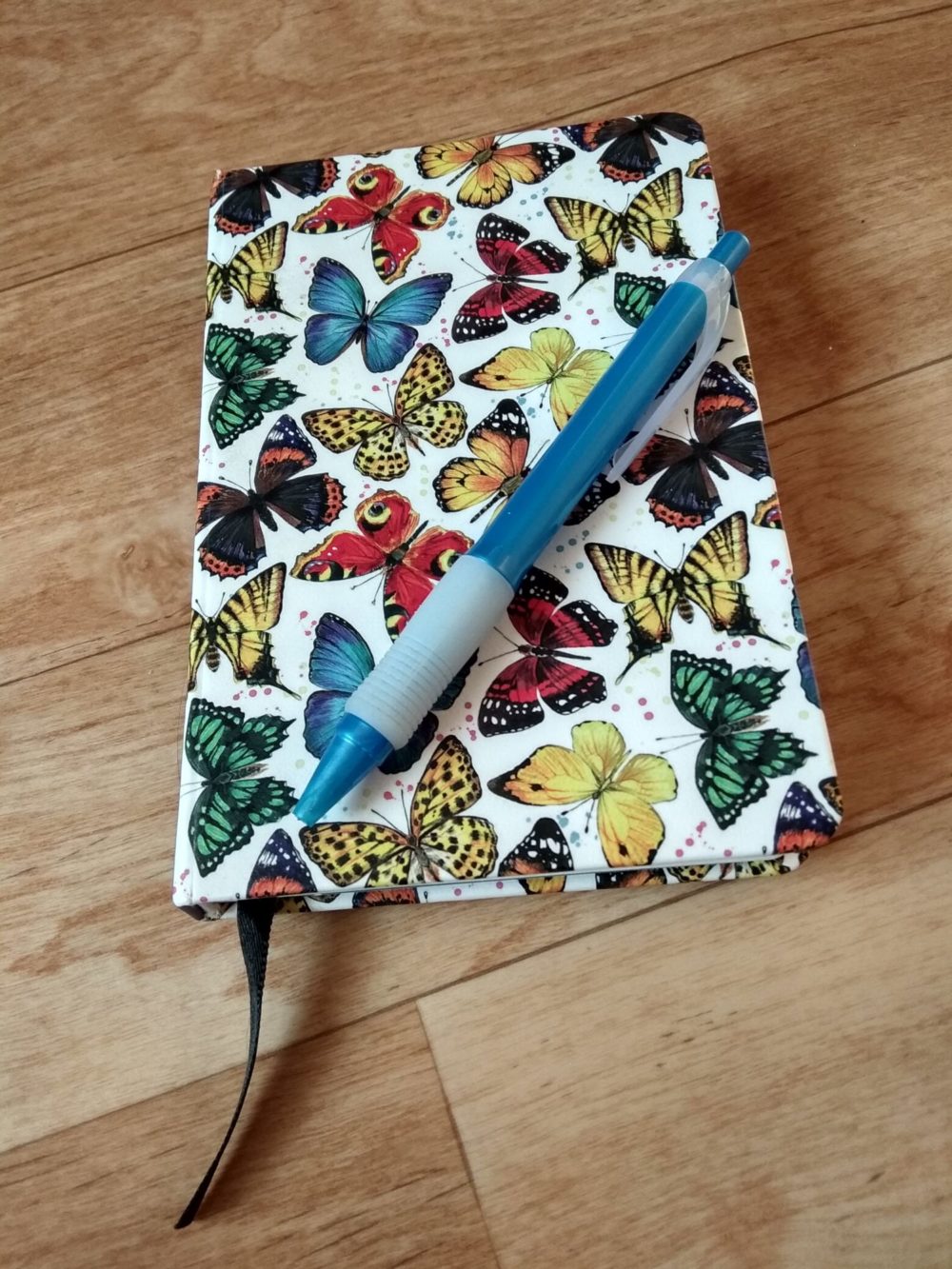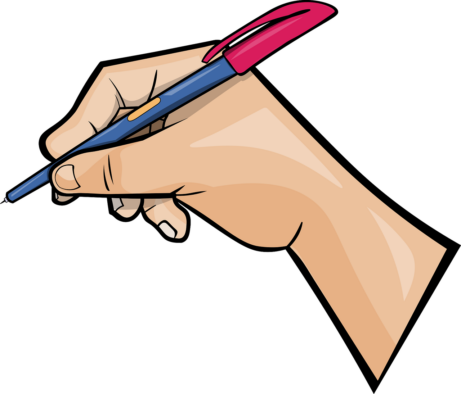
Diktát č. 2/Dictation No. 2
(for English scroll down)
Co budeme potřebovat:
- vaši oblíbenou tužku
- barevnou tužku na opravu
- papír nebo sešit
- telefon k přehrání diktátu
- asi 30 minut času
Můj tip: doporučuji pořídit si speciální sešit nebo šanon, kam si můžete diktáty zakládat
- udržíte si tak pořádek v poznámkách
- budete se k nim moci kdykoliv pohodlně vracet
- rychleji najdete jazykový jev, který momentálně potřebujete
- uvidíte progres (není na škodu si diktáty datovat)
Ať už se psaním diktátu v cizím jazyce máte zkušenosti, či nikoliv, doporučuji alespoň pro začátek dodržovat postup v závěru článku!
O tom, proč psát diktát a jaké benefity vám to přinese, se dočtete TADY
Můžu psát diktát, když:
- jsem začátečník
- chci se učit česky „jenom mluvit“
- nemám čas to dělat pravidelně
- nikdy jsem to nezkusil/a
- nemám k diktátu kladný vztah
5x ANO!
- dnešní diktát má středně pokročilou úroveň, může se tedy stát, že bude pro začátečníka obtížný. Nezoufejte ale, diktáty budou postupně přibývat a jejich úroveň bude různá. Pokud máte za sebou teprve pár hodiny češtiny, doporučuji místo diktátu vyzkoušet cvičení zaměřená na diakritiku TADY.
- Pokud se chcete učit česky „jenom mluvit“, diktát vám může pomoct s poslechem, výslovností a správným čtením nebo vás také přesvědčit o tom, že i psaní má své kouzlo 🙂
- pokud nemáte čas psát diktát pravidelně, zařaďte ho do studia češtiny alespoň čas od času na doplnění vašich obvyklých aktivit
- pokud jste to nikdy nezkusil/a, pak je načase vyzkoušet 🙂 Stejně jako v posledním případě, kdy nemáte k diktátu kladný vztah. Třeba mu v mimoškolním kontextu přijdete na chuť a začne vás bavit. Není nad to udělat si třeba diktátové odpoledne 😉
Jak s diktátem efektivně pracovat:
Práce s nahrávkou: (na konci článku)
- Poslechněte si jednou celý diktát (nic nepište). (první část nahrávky).
- Pište diktát po větách, jak ho diktuji. (druhá část nahrávky)
- Ještě jednou si ho celý poslechněte. (třetí část nahrávky)
- Přečtěte si pro sebe diktát, popř. opravte chyby.
Práce s klíčem: (na konci článku)
- Stáhnu si klíč pod diktátem
- Vezmu si barevnou tužku a opravím celý diktát podle textu:
– pokud mi chybí hlavně háčky, čárky a písmena, opravuji přímo do diktátu
– pokud mám špatně napsaná celá slova, vypíšu si je barevně (nebo je barevně označím pod text)
- Vyhledám si všechna slova, která jsou pro mě nová, a napíšu si pod diktát jejich význam
- Barevně opravený diktát si ještě jednou poslechnu
- Na závěr ho přečtu sám/sama nahlas nebo zároveň s nahrávkou
K diktátu se doporučuji vrátit druhý den nebo za několik dní a znovu si ho přečíst a projít slova, ve kterých jsem udělal/a chybu. Popř. si můžu vyzkoušet s odstupem napsat diktát znovu.
Diktát pro vás budu tvořit pravidelně, takže po pár lekcích získáte přehled o tom, jak na tom jste, jaká slova vám dělají problémy, a vytvoříte si nový studijní materiál.
Máte otázky nebo chcete sdílet vaše zkušenosti s diktátem? Přidejte se do naší uzavřené FB skupiny Tady
CHCI KLÍČ:
Dictation No. 2
Here’s what you’ll need:
- Your favorite pen
- A coloured pencil for correcting
- Something to write on
- Phone or computer to play recording
- About 30 minutes of your time 😊
My tips: I recommend keeping a special notebook or folder where you can keep your notes:
- Be sure to keep your notes neat and concise so that they are easy to read & review
- Keep them handy so that you can use them easily at your convenience
- Date & title your notes so that you can track progress and to help assist in making it easier to add relevant notes in the future
Whether you have experience with writing a dictation in another language or not, I recommend following the procedure at the end of the article, at least for the first time! 😊
Feel free to pause & rewind the recording at any time if you find it is too fast or adjust your audio device to a slower speed.
Will a dictation help me if:
- I am just a beginner
- “I only need Czech for conversation“
- I don’t have time to do it regularly
- I’ve never tried it
- “I have always dreaded writing dictations“
The answer: YES! YES! YES! YES! And… YES!
- Today’s dictation is an intermediate level, so if you are a beginner it may be a bit challening, but don’t worry, I’ll prepare dictations a variety of dictations that will be on different levels. If you have only a few hours of Czech behind you, I recommend trying exercises that focus on sound accents exercise HERE instead of dictation.
- „If you only need Czech for conversation“, dictation can help you with listening, pronunciation, being able to reading with proper comprehension, and/or maybe even convince you that writing has its charm 🙂
- If you don’t have time to write a dictation regularly, start to include it in your routine at least from time to time to complement your usual activities
- If you have never tried it, then now it is the time to try 🙂
- And as for the last case, when you don’t have a positive attitude towards dictation. Maybe in an out-of-school context you will try it and start to enjoy it. Why not try an afternoon of dictation instead of another binge session of ‚How I Met Your Mother‘.
How to work effectively with dictation:
Feel free to pause & rewind the recording at any time if you find it is too fast or adjust your audio device to a slower speed.
When working with the recording:
- Listen to the entire dictation (do not write anything) – 1st part of the recording
- Write the dictation in sentences as you hear it. – 2nd part of the recording
- Listen to it once more. – 3rd part of the recording. – 3rd part od the recording
- Read the dictation for yourself, or correct the mistakes.
Working with a key:
- Download the key under the dictation
- Take a coloured pencil and correct the entire dictation as according to the text:
– if you mainly miss hooks, accents and letters, correct these mistakes directly on the dictation
– if you have misspelled entire words, write them down with a coloured pencil (or mark them in colour below the text)
3. Look up all the words that are new to you and write their meaning under the dictation
4. Listen to the colour-corrected dictation once again
5. Finally, read it aloud or in-sync with the recording
I recommend going back to the dictation the next day or in a few days to review and go through the words that you made mistakes on or that were more difficult for you. It would also be a good habit to attempt to write the dictation again a few days later.
I will create a dictation for you regularly, so after a few lessons you will get an overview of how you are doing and what words/sounds/letters are causing you the most difficulty, and this will help you to create new study material.
Do you have questions or want to share your experience with dictation? Join our closed FB group Here
CHCI KLÍČ/I WANT A KEY




